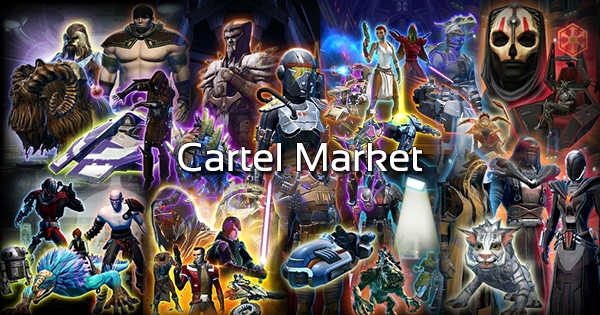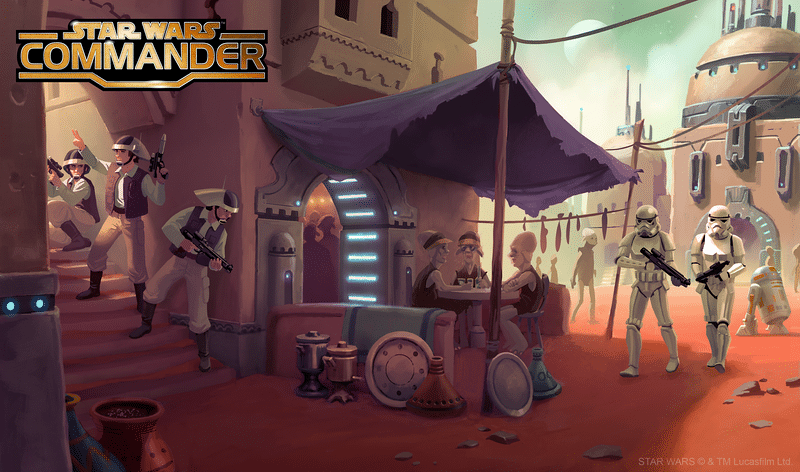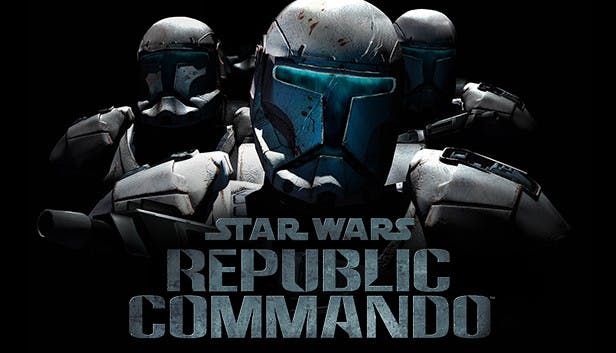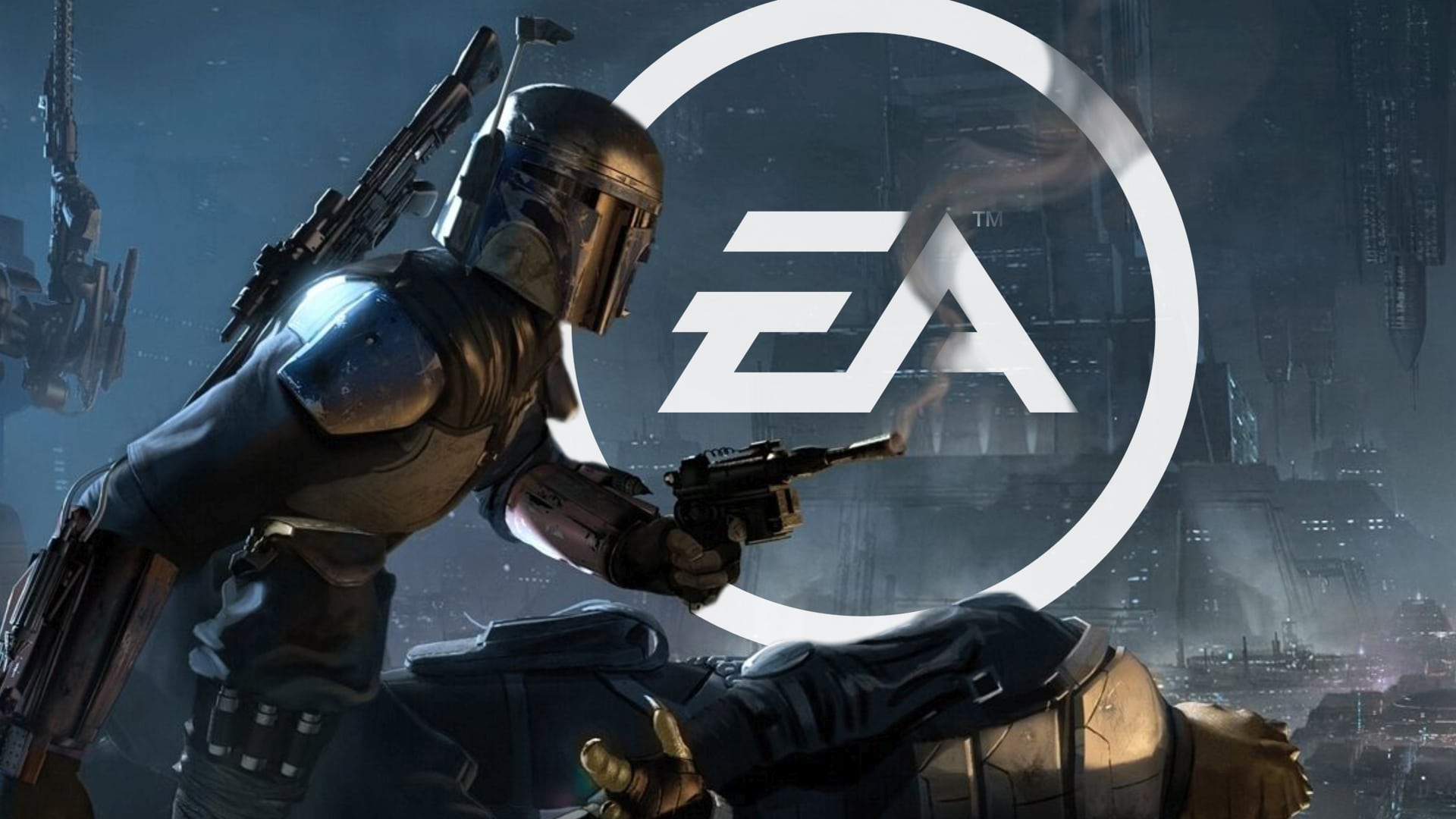Cartel Packs, a popular feature in many online games, have become a subject of interest and controversy in recent years. These digital packages, often filled with randomized virtual goods, have been likened to gambling due to their inherent unpredictability and the psychological mechanisms they employ. This article aims to delve into the psychological aspects of Cartel Packs, exploring how they mimic the mechanics of gambling, and the potential implications for addictive behaviors.
The Anticipation and Reward System
At the heart of the allure of Cartel Packs is the anticipation and reward system, a psychological principle that is also a fundamental aspect of gambling. When a player purchases a Cartel Pack, they are buying into the possibility of acquiring a rare or valuable virtual item. The uncertainty of the outcome creates a sense of anticipation, which is then followed by the reward – the opening of the pack and the reveal of its contents.
This cycle of anticipation and reward triggers the release of dopamine, a neurotransmitter associated with pleasure and reward, in the brain. This dopamine release can create a sense of excitement and satisfaction, which can drive players to continue purchasing and opening more packs, mirroring the cycle of gambling.
The Role of Randomness
The element of randomness is another crucial factor that aligns Cartel Packs with gambling. The contents of these packs are typically determined by algorithms that generate random outcomes. This unpredictability can be thrilling, as it introduces the possibility of receiving a highly sought-after item. However, it also means that the outcome is largely out of the player’s control, much like the roll of a dice or the spin of a roulette wheel in a casino.
Addictive Behaviors and Cartel Packs
The combination of anticipation, reward, and randomness can lead to addictive behaviors. As players chase the high of a valuable reward, they may find themselves purchasing more and more Cartel Packs, even when it is to their detriment. This behavior is similar to problem gambling, where individuals continue to gamble despite negative consequences.
Moreover, the digital nature of Cartel Packs can make them even more addictive. They are readily accessible and can be purchased and opened with just a few clicks, removing many of the barriers that might deter someone from traditional forms of gambling.
Conclusion
While Cartel Packs can add an element of excitement and unpredictability to online games, it’s important to understand the psychological mechanisms at play. The anticipation and reward system, coupled with the randomness of the outcomes, can lead to addictive behaviors that mirror those seen in gambling. As the lines between gaming and gambling continue to blur, further research and regulation may be necessary to protect vulnerable players from potential harm.
FAQ: The Psychology of Cartel Packs
- What are Cartel Packs? Cartel Packs are digital packages found in many online games. They contain randomized virtual goods, which can range from common to rare items.
- How do Cartel Packs mimic gambling? Cartel Packs mimic gambling through their anticipation and reward system and the element of randomness. The uncertainty of what each pack contains creates a sense of anticipation, and the reveal of the contents serves as the reward. This cycle can trigger a dopamine release, similar to gambling. The randomness of the pack’s contents also mirrors the unpredictability found in gambling.
- What is the anticipation and reward system? The anticipation and reward system is a psychological principle where the anticipation of a reward triggers a dopamine release in the brain, creating a sense of excitement and satisfaction. In the context of Cartel Packs, the anticipation is the purchase of the pack, and the reward is the reveal of its contents.
- How can Cartel Packs lead to addictive behaviors? The cycle of anticipation and reward, coupled with the randomness of the outcomes, can lead to addictive behaviors. Players may find themselves continuously purchasing and opening more packs in pursuit of rare items, even when it leads to negative consequences. This behavior is similar to problem gambling.
- Are Cartel Packs considered a form of gambling? While Cartel Packs share many similarities with gambling, whether they are legally considered a form of gambling varies by jurisdiction. The key similarities are the elements of chance, the wagering of money (or money’s worth), and the possibility of winning something of value.
- What can be done to mitigate the potential harm of Cartel Packs? Awareness and understanding of the psychological mechanisms at play can help players make informed decisions. Game developers and regulators can also play a role by implementing safeguards, such as spending limits, clear odds disclosure, and age restrictions. Further research and regulation may be necessary as the lines between gaming and gambling continue to blur.








